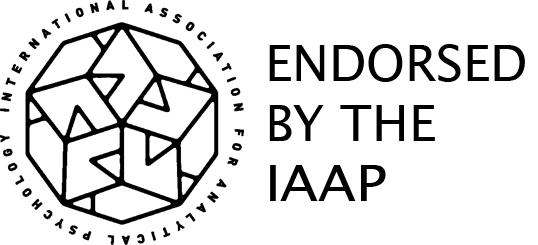Within the field of contemporary psychoanalysis Donnel Stern’s concept of unformulated experience attempts to focus on analytic, affect-rich moments that are felt before they are understood by either party in the analytic space. Drawing on both the Interpersonal approach and the Relational turn in psychoanalytic thinking and practice, this three-week course will highlight and explore, through readings and discussions, Stern’s unique perspective on working with unconscious material that is unavailable for verbal articulation. Stern defines the unformulated as “potential experience” or “what experience might become” in contrast to classical psychoanalytic thinking that takes the unconscious as representing the entire opus of “what is” in the patient’s mind.
Stern’s approach suggests that there is a clinical use for the personal experiences each participant contributes unwittingly to the shared meeting of minds, creating an interaction that is unique to them as partners in thought. Through experiencing the yet unknown (and at times unknowable), Stern attempts to allow the unbidden outcome of unconscious aspects of relatedness to enter the analytic space, cultivating an openness to surprise in both himself and his patient. In this class, we will discuss Stern’s advocacy for spontaneity over adhering to an objectivist approach in which the analyst knows what the patient needs and ought to understand. We will focus on the idea of witnessing in the creation of a narrative through enactment, as well as the witnessing of self-states and trauma-borne dissociated elements of the self-narrative, or “a story that is lacking a witness.”
In this course, we will explore unformulated experience, increasing our ability to live within it, while observing the interaction, understanding the dissociative process and its relationship with the unformulated, and the ways in which relational field theory helps us understand the affect-rich moments that can enhance or constrict relatedness in the interpersonal field.
We will also grapple with the history of field theory to explore the mutual influence of the analyst’s state of mind in conjunction with the patient’s. We will consider how deep, yet careful spontaneity and personal, expressive participation can be used by the analyst to feel and engage with the patient’s self-states. This form of involvement helps create a foundation for emergent, reciprocal states of relatedness rather than representing a neutral container for the patient’s projective identifications (following Bion, 1963). We will explore how shifts in the interpersonal field facilitate narrative freedom, thereby making available the patient’s tucked away experience for formulation and articulation and further the ongoing unfolding of relatedness.


